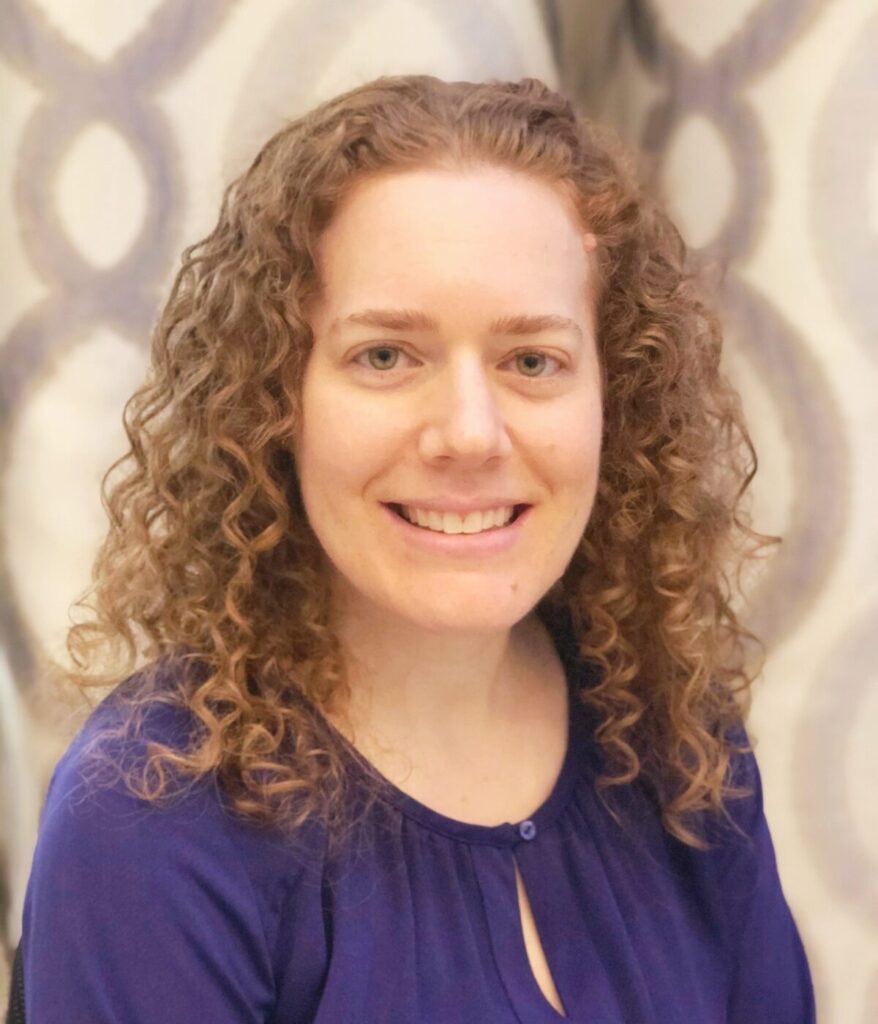A STUDENT at a Scots university will this month graduate with a Master’s degree, eight years after life-threatening injuries resulted in multiple disabilities.
Lynn Ashdown had just completed her final exams at the University of Dundee to become a consultant family medicine physician when she collapsed suddenly because of a previously undiagnosed heart condition.
Lynn, from Ottawa, Canada, suffered a traumatic brain injury, broke her neck, and suffered spinal cord damage in addition to the cardiac arrest.
Doctors managed to save Lynn’s life but, upon emerging from a coma, she was told she might have minimal speech and there was a possibility of quadriplegia.
Lynn’s next few months were spent in intensive care, and she remained in hospital for over two years, battling to overcome the initial prognosis.

She slowly learned how to talk again and can now use a manual wheelchair but remains impaired cognitively.
She can no longer drive and will always require extensive medical and social care support to live in the community.
Lynn’s experiences have made her determined to change the medical profession for the better.
Prior to the incident that changed her life, Lynn had decided to combine her clinical practice with medical education and had undertaken Certificate and Diploma courses in the subject at Dundee as a distance learner.
Her relationship with the University continued, and with support from the Continuing Medical Education programme, Lynn was able to return to her studies.
Lynn says her goal was to finish what she had started, while simultaneously using this challenge to further rehabilitate her brain injury.
Lynn has since achieved her Masters in Medical Education, and also achieved a distinction for her dissertation, which explores what she had not learned about medical practice as a student, resident or physician but discovered as a patient.
She plans to utilise her lived experience of this dual lens role as both physician and patient to enhance medical education.
“I had to come back from nothing after my accident,” explained Lynn.
“It’s been a long eight years as I had to learn to talk again and to adapt to not being able to walk and being a wheelchair user.
“I had a fantastic medical education, but my experiences taught me that the human element is missing from the textbook skills we learn about how to diagnose and treat.
“We don’t include patients in medical education at all.
“It’s taken me a while to accept that I won’t be going back to clinical practice but what I want to do now is to elevate the patient experience in all areas of health care.
“Everything we do in medicine, exists for the patient but they are often not given a voice.
“Listening to the patients can be the difference between a positive and adverse outcome.
“My research highlights the difference between intellectual and experiential knowledge, and challenges medical education to harness the expertise that patients possess.
“That lifeless fall taught me about the power of patient expertise, and how patients teach us more than we comprehend.”
Lynn aims to continue her research and activism after Graduation, which she will be unable to attend in person due to her complex health needs.
She is working on a book based on her dissertation and wants to act as an example of how disability need not stop people from pursuing their dreams.
It is her aim to promote the patients’ voice and demonstrate how physicians who become patients can contribute to training doctors of the future, and
She also wants to highlight how the expertise of all patients can be utilised to transform medical education.
“If I’m being honest, I would still choose to go back to my old life if I could but perhaps that will change over time” she continued.
“Having said that, I know that I must make the most of what has happened to help other people. That’s why I’m striving to use my story for a greater good.
“I must give a lot of credit to my supervisor, Dr Linda Jones, and everyone else at the University’s Centre for Medical Education.
“It would have been very easy for them to just dismiss me, but they truly understood my situation, and were willing to work with me and to accommodate the limitations resulting from my brain injury.”

